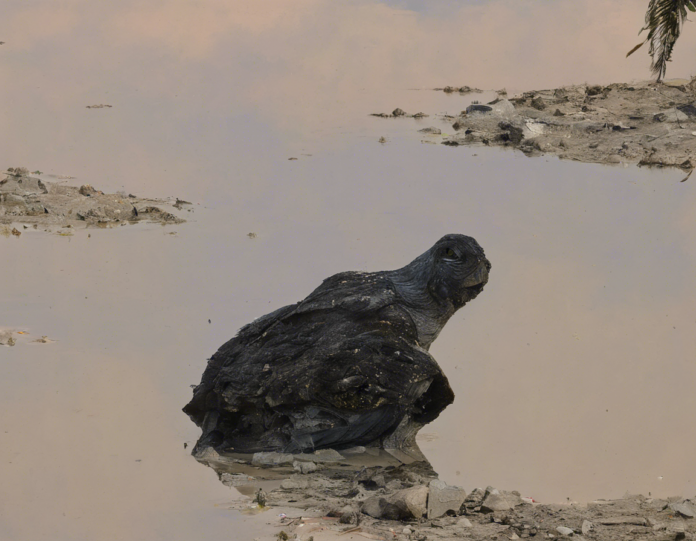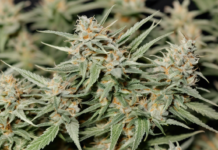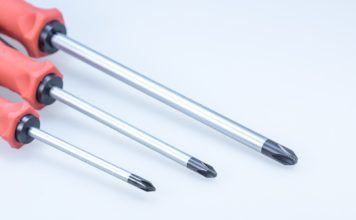Introduction
Piliya, also known as jaundice, is a common condition that affects the liver and causes yellowing of the skin and eyes due to elevated levels of bilirubin. It can be caused by various factors, including viral infections, alcohol consumption, autoimmune diseases, and liver disorders. Being aware of the symptoms of piliya is crucial for early detection and treatment. In this comprehensive guide, we will explore the various symptoms of piliya, potential causes, and available treatment options.
Main Symptoms of Piliya
Jaundice is the primary symptom of piliya and can manifest in the following ways:
-
Yellowing of the Skin and Eyes: The most prominent sign of jaundice is a yellow discoloration of the skin and the whites of the eyes. This occurs due to the buildup of bilirubin in the bloodstream.
-
Dark Urine: Piliya can cause urine to appear dark or brownish in color due to the elevated levels of bilirubin being excreted by the kidneys.
-
Pale Stools: Stools may become pale or clay-colored as a result of decreased bilirubin excretion into the intestines.
-
Fatigue: Individuals with jaundice may experience persistent fatigue and weakness due to the compromised function of the liver.
-
Abdominal Pain: Piliya can lead to abdominal pain, especially in the upper right quadrant where the liver is located. This pain may be dull or sharp and can worsen with movement.
-
Nausea and Vomiting: Some patients with jaundice may experience nausea, vomiting, and a loss of appetite.
-
Itchy Skin: Jaundice can cause the skin to become itchy due to the accumulation of bile salts in the bloodstream.
-
Swelling: In severe cases of piliya, swelling of the legs, ankles, and abdomen can occur due to fluid retention.
Causes of Piliya
Jaundice can be caused by a variety of factors, including:
-
Viral Infections: Hepatitis A, B, and C are common viral infections that can cause jaundice.
-
Alcohol Consumption: Excessive alcohol consumption can lead to liver damage and jaundice.
-
Liver Disorders: Conditions such as cirrhosis, liver cancer, and Gilbert’s syndrome can result in piliya.
-
Autoimmune Diseases: Disorders like autoimmune hepatitis and primary biliary cholangitis can cause jaundice.
-
Medications: Certain medications and toxins can impair liver function and lead to jaundice.
Diagnosis and Treatment
Diagnosis of piliya typically involves a physical examination, blood tests to check liver function and bilirubin levels, imaging studies such as ultrasound or MRI, and sometimes a liver biopsy.
Treatment for jaundice depends on the underlying cause and may include:
-
Managing Symptoms: Medications can be prescribed to relieve itching and pain associated with jaundice.
-
Treating Underlying Conditions: Addressing the root cause of piliya, such as viral infections or liver disorders, is essential for effective treatment.
-
Lifestyle Changes: Adopting a healthy diet, reducing alcohol consumption, and avoiding hepatotoxic substances can help improve liver function.
-
Liver Transplant: In severe cases of liver damage, a liver transplant may be necessary.
Frequently Asked Questions (FAQs)
- Can jaundice be a sign of a serious medical condition?
-
Yes, jaundice can indicate underlying liver diseases or other serious conditions that require medical attention.
-
Is jaundice contagious?
-
No, jaundice itself is not contagious, but viral infections that cause jaundice can be transmitted through blood or bodily fluids.
-
How long does it take to recover from jaundice?
-
The recovery time for jaundice varies depending on the cause and individual health factors. In some cases, it can resolve within a few weeks, while chronic conditions may require long-term management.
-
Can jaundice be prevented?
-
Jaundice caused by viral infections can be prevented through vaccination and practicing good hygiene. Avoiding excessive alcohol consumption and maintaining a healthy lifestyle can also reduce the risk of piliya.
-
What foods should be avoided if someone has jaundice?
- Foods high in fats, processed foods, and alcohol should be avoided as they can exacerbate liver damage. Instead, a diet rich in fruits, vegetables, lean proteins, and whole grains is recommended.
By understanding the symptoms, causes, diagnosis, and treatment options for piliya, individuals can take proactive steps to safeguard their liver health and seek timely medical intervention when needed. If you experience any symptoms of jaundice, it is essential to consult a healthcare provider for proper evaluation and management.









